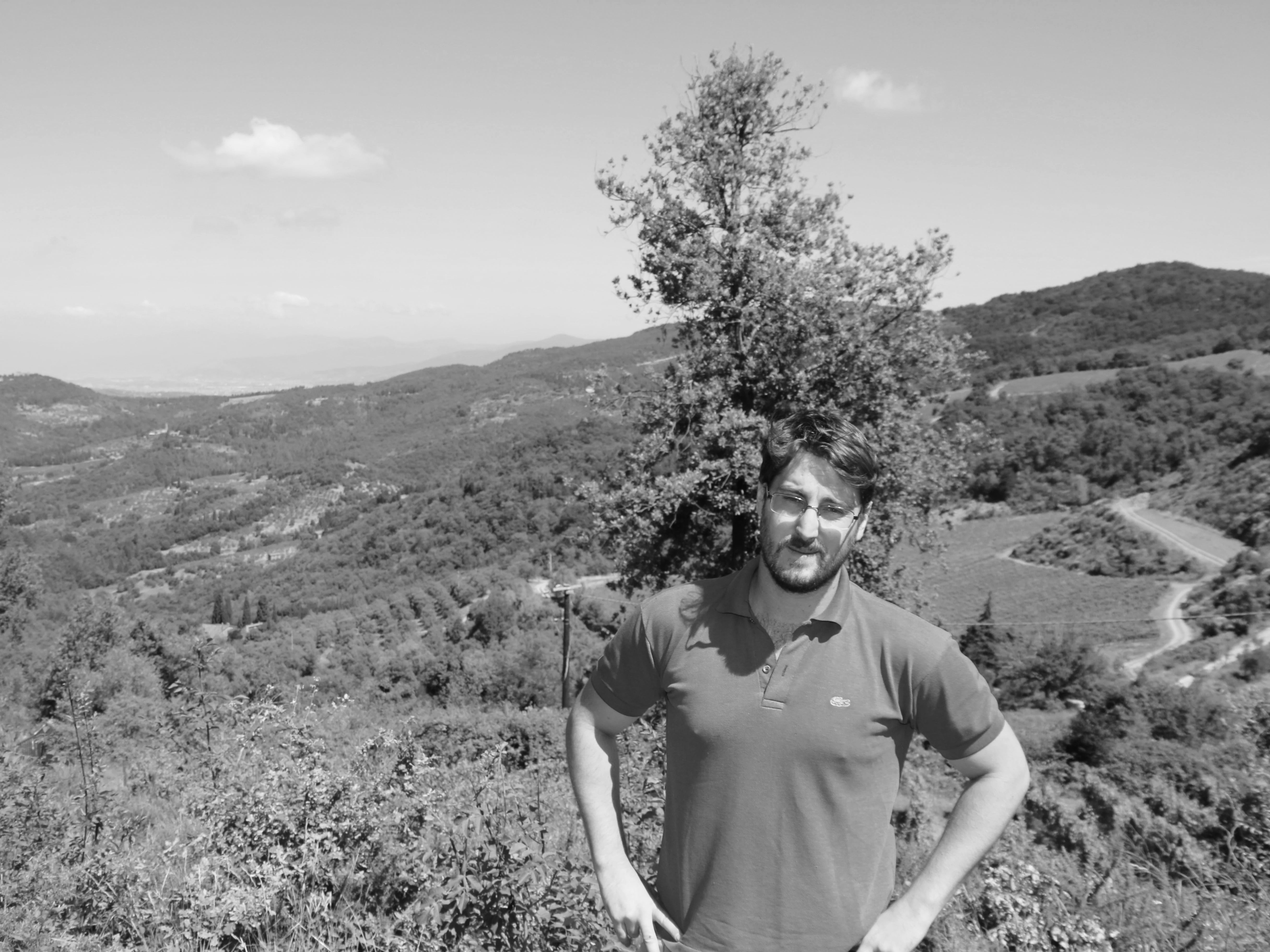2019, Casa di Colombo, Chianti Classico

Italien · Toscana · Greve in Chianti
Tenuta la Novella ligger i hjertet af Toscana, mellem Florence og Siena, i en højde af 500 meter. Gården producerer sin egen olivenolie, Chianti Classico og IGT-vin, samt Vin Santo, alt sammen efter de strenge standarder for økologisk og biodynamisk landbrug, uden pesticider eller syntetiske gødningsstoffer. De mener, at jorden, de arbejder med, er deres eneste ansvar, og derfor er det deres pligt at videregive den til kommende generationer, som den blev videregivet til dem, og undgå praksisser, der kunne gøre den mindre frugtbar.
De 13,5 hektar vinmarker ligger mellem 350 og 650 meter over havets overflade og er anlagt i et mosaik af femten parceller, der er plantet på de bedste terroirs på gården, på de mytiske toscanske bakker. På disse skifer- og sandstensjord (klippeformationer) finder Sangiovese og Syrah druerne de ideelle pedo-klimatiske forhold for at udtrykke sig i al deres kompleksitet. Højden og temperatursvingningerne mellem dag og nat muliggør en langsom og afbalanceret modning. Canaiolo, samt Trebbiano, Malvasia, Moscato og Viognier dyrkes i mindre mængder. Den høje plantetæthed (fra 5500 til 7000 vinstokke/ha) gør det muligt for rødderne at udforske jorden i dybden, hvilket resulterer i rige druer, der er en direkte afspejling af terroiret.






